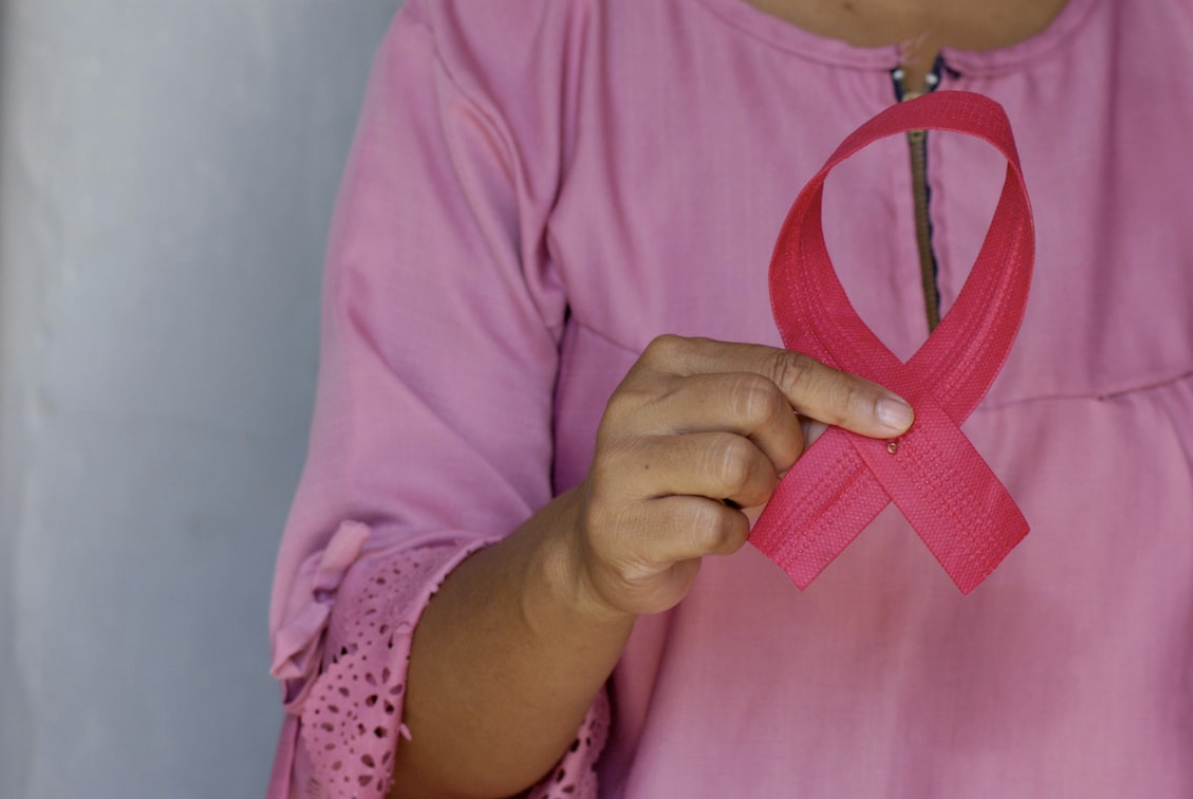Ovarian cancer is a disease that affects thousands of women worldwide. It affects one in 78 women in the U.S. and has a five-year relative survival rate of just under 50%. Like many cancers, the faster it is detected, the higher the chance of cure.
While complete prevention may not be within our grasp, there are proactive steps that can be taken to reduce the risk and increase the chances of early detection.
A combination of lifestyle choices, medical interventions, and heightened awareness can help empower people in the fight against this devastating disease. In this article, we will explore what to embrace and what to avoid when it comes to preventing ovarian cancer.
What Should You Stay Away From To Reduce The Risk of Ovarian Cancer?
There are many factors that contribute to the development of ovarian cancer. These include both natural and man-made factors. Family history and genetics play a major factor in ovarian cancer risk.
However, there is no denying that many products and situations increase the likelihood of ovarian cancer. Let’s look at two of them below.
Talcum Powder
The use of Talcum powder by women has been a topic of discussion in relation to ovarian cancer. Talc sometimes contains asbestos, a carcinogen that already has a bad reputation. When inhaled, it greatly increases the risk of lung cancer.
Regarding ovarian cancer, several studies and investigations have tried to find a link between the use of talcum powder in the genital area and an increased risk of ovarian cancer.
It turned out that talc particles, when applied to the genital area, can travel through the reproductive system and reach the ovaries. It can then lead to inflammation and the formation of tumors.
This link between talc and ovarian cancer put companies like Johnson & Johnson into several long legal battles that now seem to be nearing conclusion. The company’s talcum powder controversy has been going on for over two decades now.
One of the first known cases filed against the company was in 1997 in the case of Coker vs. Johnson and Johnson. A comprehensive report by Reuters showed that J&J knew of the dangers of talc in the context of cancer but did not address them.
The most recent Johnson & Johnson talcum powder lawsuit update in 2023 indicates that the nearly $9 billion settlement is in its final stages. Now, 75% of the plaintiff’s lawyers will need to accept the settlement if they find the terms suitable. Moreover, a trust fund of $12.08 billion, funded over the next 25 years by J&J’s subsidiary company “LTL Management” will be set up.
According to TorHoerman Law, LLC, settlement amounts awarded for those affected can range from $100,000 to $1 million. This figure would, of course, be determined based on how severely the individual was affected by the Talcum powder.
Rajkotupdates.news : Tata Group Takes Rights for the 2022 and 2023 IPL Seasons
Hormone Replacement Therapy
Hormone replacement therapy (HRT) involves the use of medications that contain female hormones to replace those that the body no longer produces adequately, typically during menopause.
While HRT can be beneficial for managing menopausal symptoms and preventing certain health conditions, there is evidence to suggest that it may increase the risk of ovarian cancer. Most forms of HRT include estrogen, which can stimulate the growth of ovarian tissue.
Prolonged exposure to estrogen may potentially increase the risk of developing ovarian cancer over time. Studies have shown that long-term use of HRT, particularly for more than five years, may further increase the risk of ovarian cancer. Additionally, starting HRT soon after menopause can have a greater impact on cancer risk compared to starting it later.
What Lowers The Risk of Ovarian Cancer?
Even if your family has a history of ovarian cancer, there are still things you can do to lower the risk of getting it. Most of these measures are lifestyle choices that also have a number of other health benefits as well. Let’s look at two such measures you can take.
Following a Healthy Diet
The type of food you consume can raise or lower your chance of ovarian cancer. A diet rich in fruits and vegetables provides a wide array of antioxidants, such as vitamins C and E, beta-carotene, and selenium. These powerful compounds help neutralize harmful free radicals in the body, which can damage cells and potentially contribute to cancer development, including ovarian cancer.
Phytochemicals, such as lycopene in tomatoes and indoles in cruciferous vegetables (broccoli, cauliflower, kale), have demonstrated anti-cancer properties.
It is a good idea to include a variety of fruits, vegetables, whole grains, and legumes in your diet. Essentially, you want to ensure you have a rich intake of beneficial phytochemicals.
Maintaining a healthy weight is important, as obesity has been associated with an increased risk of ovarian cancer. A balanced diet, along with regular physical activity, can also help achieve and maintain a healthy weight.
Birth Control Pills
Birth control pills, also known as oral contraceptives, have been found to reduce the risk of ovarian cancer. The hormonal components in birth control pills work by preventing ovulation, the release of eggs from the ovaries.
By suppressing ovulation, these medications decrease the frequency of ovulatory cycles, which, in turn, reduces the risk of developing ovarian cancer. Multiple studies have shown a significant reduction in ovarian cancer risk among women who have used oral contraceptives. The reduction rate can be as much as 30% – 50%.
The longer the duration of use, the greater the protective effect. It is believed that the continuous suppression of ovulation over a period of time helps to prevent the formation of abnormal cells and the development of ovarian cancer.
Conclusion
Preventing ovarian cancer requires a multifaceted approach that involves both avoiding certain factors and embracing proactive measures. One always needs to be aware of the potential risks associated with products such as talcum powder, particularly when applied to the genital area. Living a healthy life in terms of a balanced diet and regular exercise can also go a long way in reducing the risk of ovarian cancer.
Table of Contents


